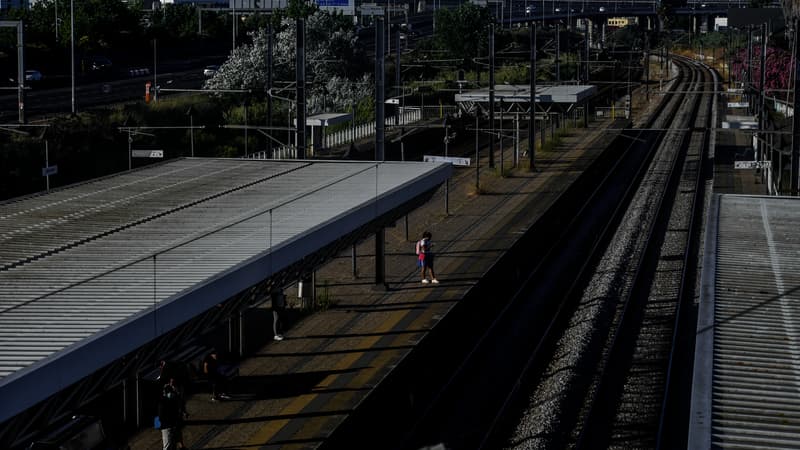Hundreds of trains have been canceled since Friday in Portugal due to a railway workers’ strike that continued on Monday, December 26, to demand a purchasing power bonus to deal with price escalation.
Minimum service of one in four trains
On Monday, of the 427 trains scheduled until 10 am (local time), 278 were cancelled, according to a report by the Portuguese Railways (CP). However, a minimum service, corresponding to 25% of regular trains, has limited the impact of this movement.
The railway workers completed their second day of strike on Monday at the request of the unions representing the CP employees of the public manager of the railway and road networks (IP).
Since the first day of the strike on Friday, this strike has already resulted in the removal of more than 1,100 trains, according to CP. This movement of railway workers will affect rail traffic on the “days that precede and follow the strike periods”, as well as on January 1, warns the railway company in a statement.
An inflation premium in negotiation
“We are aware that it is impossible to compensate for the loss of purchasing power,” but “we are asking for a premium to help us cope” with this year’s price rise, Antonio Pereira, head of the Union, explained to RTP public television. Independiente de Trabajadores Ferroviarios (SINFB), one of the eight unions that have called for this mobilization.
According to the trade unionist, who does not rule out new movements next year, the rate of strikers rose to “almost 80%” on Monday.
In addition to the railways, other sectors are also demanding wage increases. Employees of call centers or distribution and commerce also observed days of strike during the Christmas weekend.
“Inflation has reached levels that have not been seen for three decades,” acknowledged Sunday night the president of the Socialist Government, Antonio Costa, in his Christmas message broadcast on television. He vowed to do everything he can to continue supporting households and the economy.
Source: BFM TV


